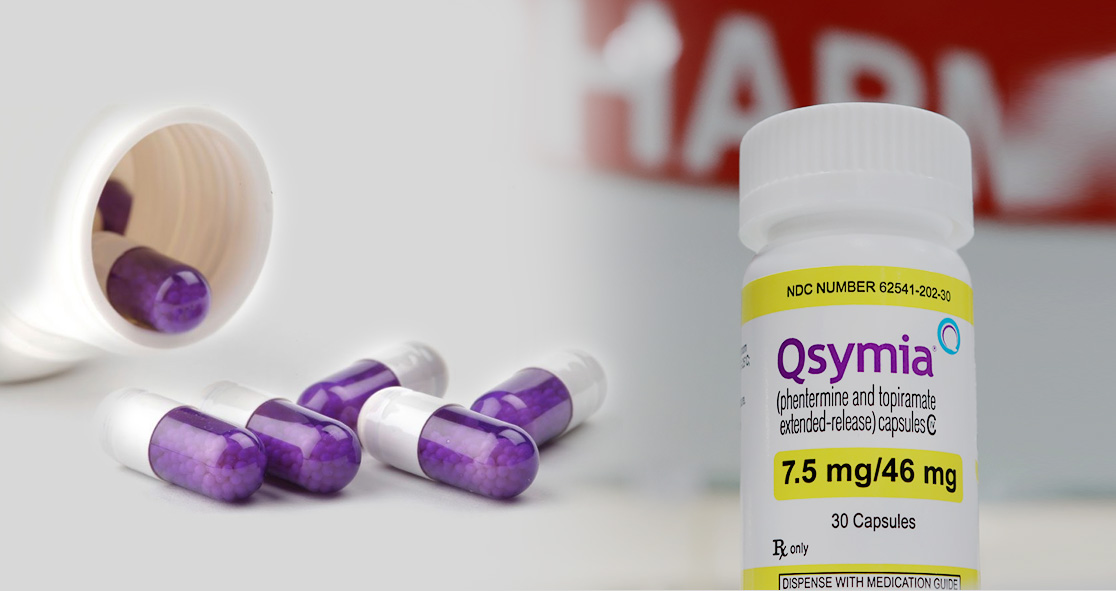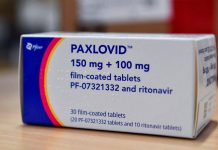Qsymia is a combination of two drugs – phentermine and topiramate. It is a prescription medicine used in some obese or overweight adults to lose weight and keep the weight off.
Phentermine is often used for the treatment of obesity, as it acts as an appetite suppressant. On the other hand, topiramate is typically a seizure drug, which has been shown to cause weight loss when used along with phentermine.
Qsymia is recommended along with a reduced-calorie diet and increased physical activity. The drug is a federally controlled substance (C-IV) because it contains phentermine, a drug that can be abused or lead to drug addiction.
Qsymia is sometimes used to treat obesity that may be related to high cholesterol, high blood pressure, or diabetes.
Is there a generic drug for Qsymia?
Vivus, a small California-based pharmaceutical company, manufactures Qsymia in the form of extended-release capsules. The U.S. Food and Drug Administration (FDA) approved the drug for obesity in July 2012. However, there is currently no generic version of Qsymia available in the United States.
Generic drugs for Qsymia may become available as generic phentermine-topiramate probably after June 2029, depending on the patent expiration. GoodRx says generic Qsymia may become available after June 2029.
In 2017, Vivus announced that it entered into a settlement agreement with Actavis Laboratories FL resolving patent litigation related to Qsymia, according to BioSpace.
The litigation resulted from the submission by Actavis of an Abbreviated New Drug Application (ANDA) to the FDA seeking approval to market generic versions of Qsymia.
The settlement agreement permits Actavis to begin selling a generic version of Qsymia on December 1, 2024, or even earlier under certain circumstances, per BioSpace. If Actavis launches a generic version earlier than December 1, 2024, Vivus will receive a royalty on sales of the generic version of Qsymia.
Qsymia is contraindicated in pregnancy and patients with glaucoma and hyperthyroidism, It is also not recommended to patients who are undergoing treatment with antidepressants, such as monoamine oxidase (MAO) inhibitors.
Some of the most common side effects of Qsymia include dizziness, altered taste, sleeplessness, constipation, dry mouth, and tingling sensation in extremities. For more information on Qsymia, check with your doctor. Do not self-medicate with this obesity drug.























